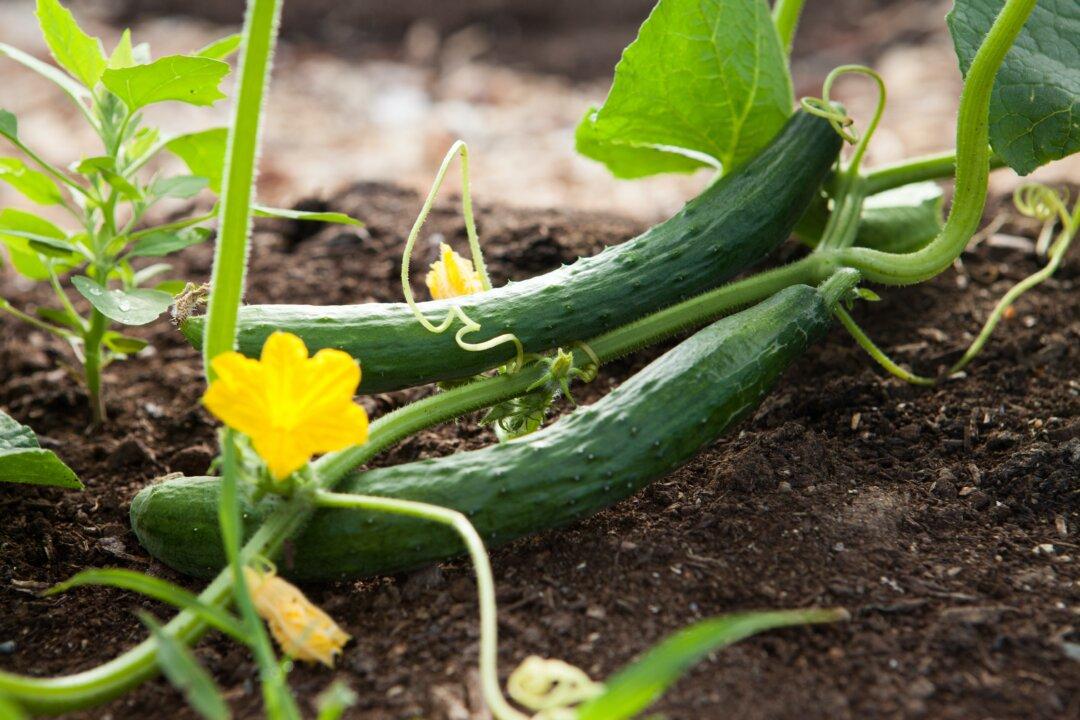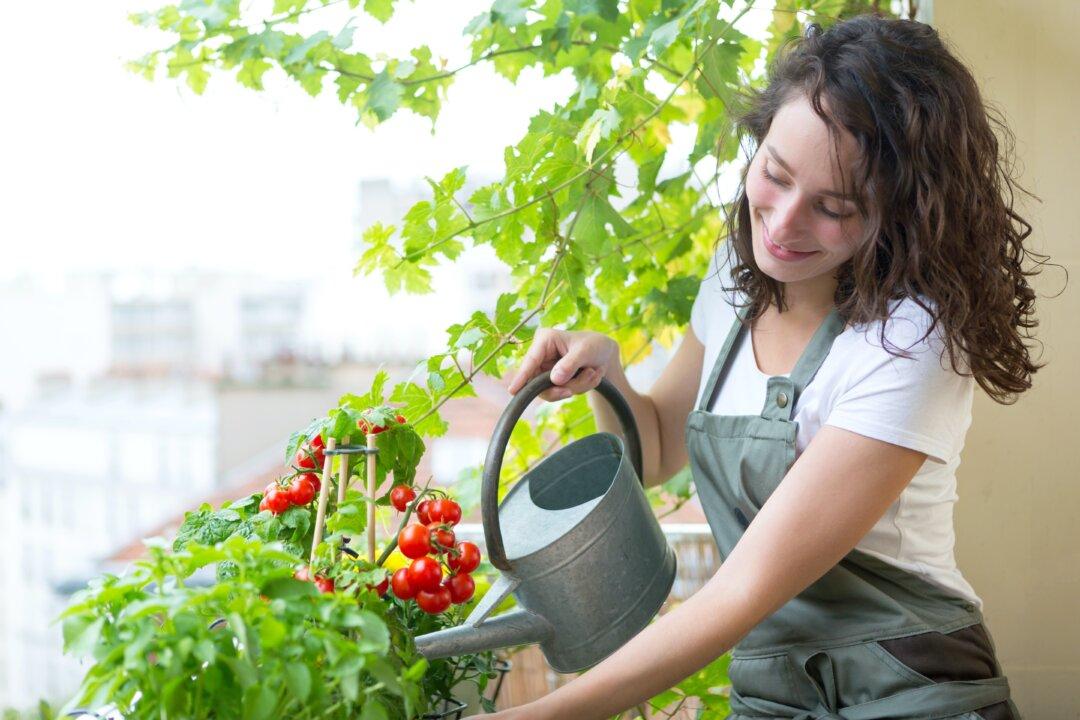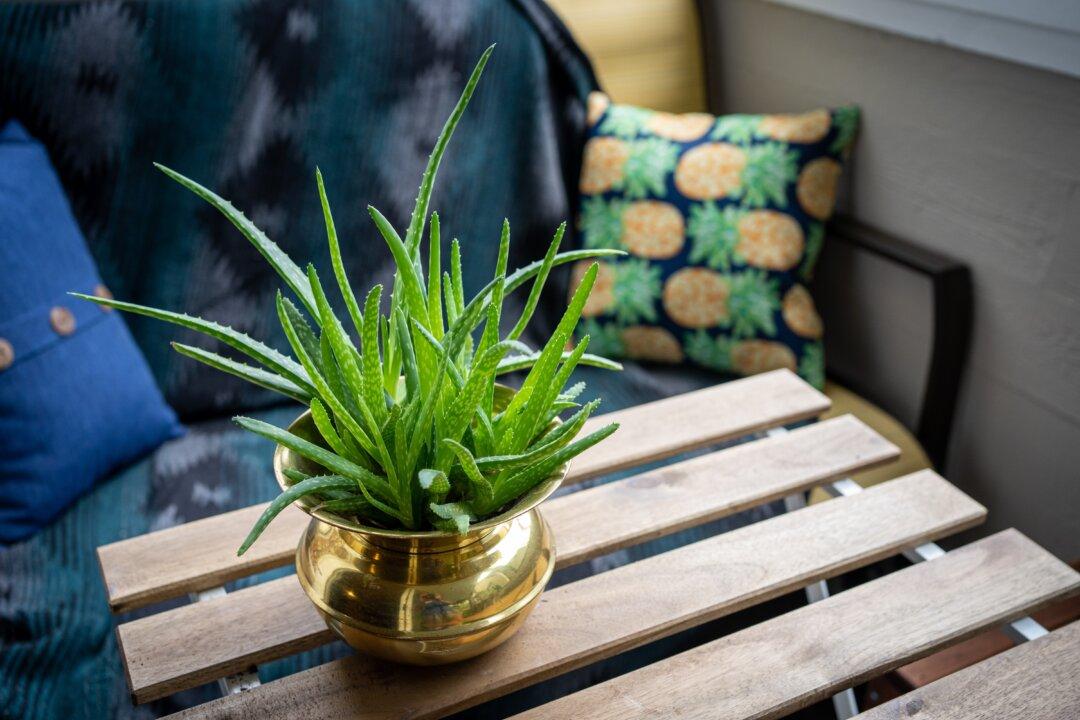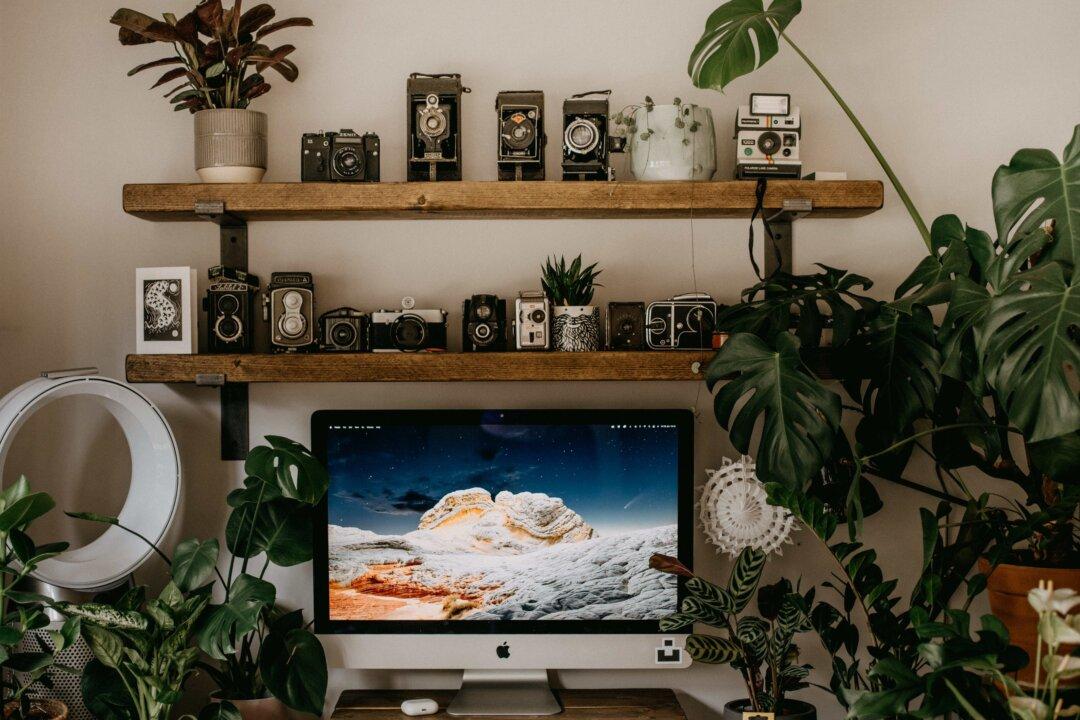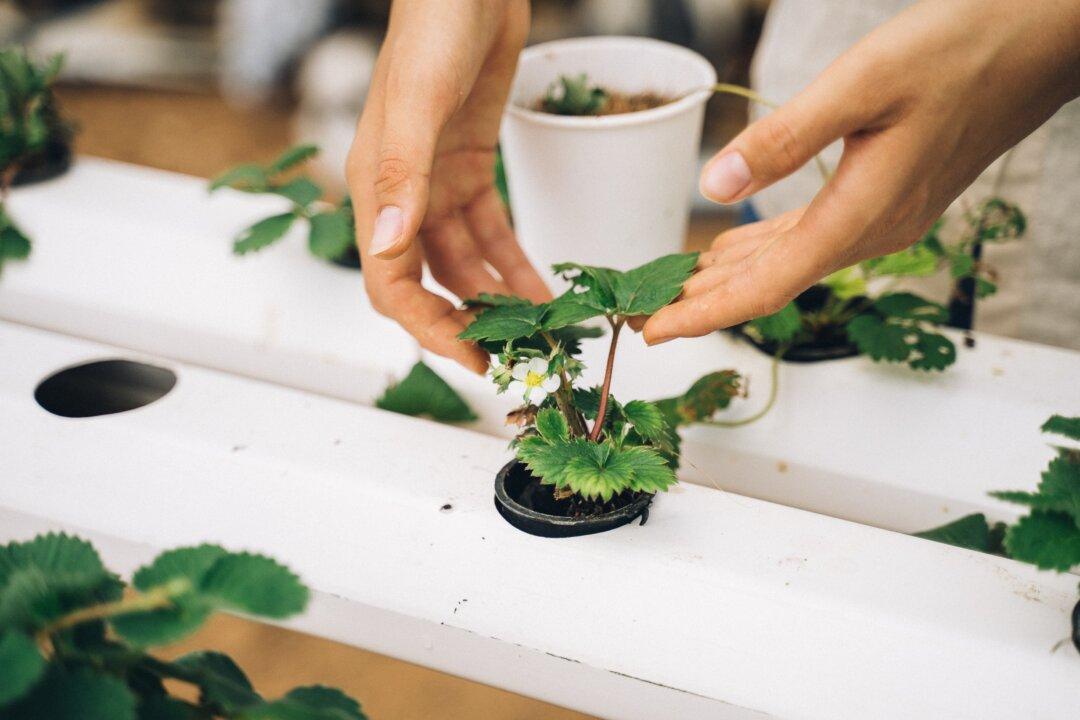These days more and more people are taking their health into their own hands. One way they are doing this is by growing their own herbs, veggies and plants. and making sure there are no pesticides, or unwanted chemicals in their gardens and food.
But its very difficult to maintain a clean and chemical free environment, but with a little planning, preparation and perspiration, you can have home grown foodstuffs that is natural and pesticide and herbicide free, that can have more nutrition and flavor, with the satisfaction and peace of mind that you know exactly how it was grown and where it has been when you cook it and feed it to your family.

